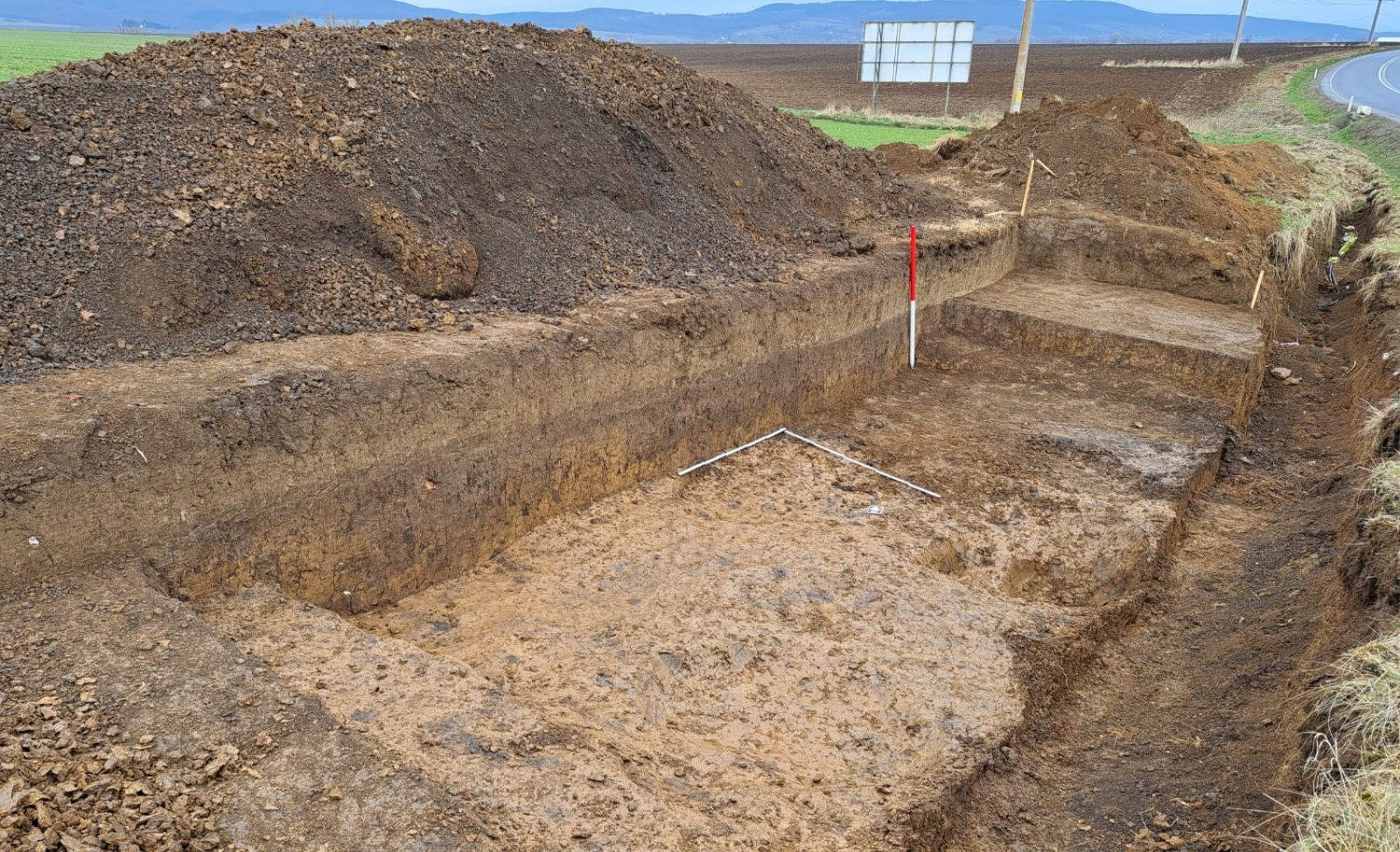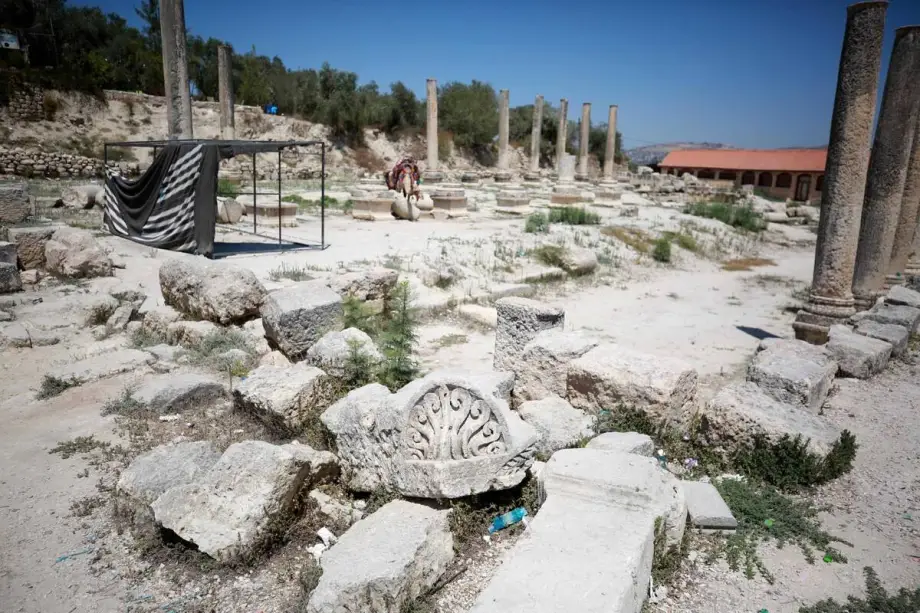“This text doesn’t appear to be one of the known works,” says Dr. Michael McOsker, a papyrologist at University College London, speaking to Kathimerini about a newly revealed work by the ancient philosopher Philodemus. The text was uncovered within a carbonized scroll known as PHerc.172, as part of the ambitious Vesuvius Challenge project.
Using advanced X-ray imaging, researchers were able to digitally scan and read parts of the scroll’s contents without physically unrolling it—an act that could have shattered the fragile artifact beyond repair. The technique unveiled not only the text itself but also its author. The scroll was discovered in the ruins of a Roman villa in the ancient city of Herculaneum, buried under volcanic ash after the catastrophic eruption of Mount Vesuvius nearly 2,000 years ago.
The newly identified work belongs to Philodemus, an Epicurean philosopher, and appears to be part of his multi-volume series On Vice, dating back to the 1st century BCE. Dr. McOsker, who focused his doctoral research on Philodemus’ poetics, explains that scholars were already aware of the On Vice series, as several volumes had been found among previously opened scrolls from Herculaneum. These included treatises On Flattery, On Avarice, On Economy, and On Arrogance. So, the title of this volume—and its ethical subject matter—were not unexpected.
A Breakthrough Scroll
The decoded letters from PHerc.172 suggest that this may, in fact, be the very first volume of the philosopher’s extensive series.
Identifying Philodemus as the author was relatively straightforward thanks to existing biographical records. Born around 110 BCE in Gadara (in modern-day Syria), he studied in Alexandria and Athens before becoming part of the household of a Roman statesman—possibly the last father-in-law of Julius Caesar. Scholars believe this Roman aristocrat owned the villa near Pompeii where the scroll was found. Philodemus is frequently mentioned by Cicero, and he also taught Virgil and his literary circle. Yet despite this notable reputation, this newly revealed scroll, as part of a broader philosophical work, is especially significant for our understanding of Epicurean ethics, Dr. McOsker emphasizes, adding that he is grateful for every step forward in this complex field.
The letter mapping from the deciphering of the carbonized papyrus. It is most likely the first volume of the ancient philosopher's work.
Among the three Herculaneum scrolls held at the Bodleian Libraries in Oxford, PHerc.172 was the first to produce tangible results when scanned in July—surprising researchers who hadn’t even known the scroll contained legible writing. According to Dr. McOsker, the investigation is far from over. Efforts continue to refine the ink-detection algorithms and decipher additional portions of the text.
This remarkable fusion of cutting-edge technology and ancient philosophy is not only reviving lost voices from antiquity—but reshaping our understanding of classical thought in the process.








